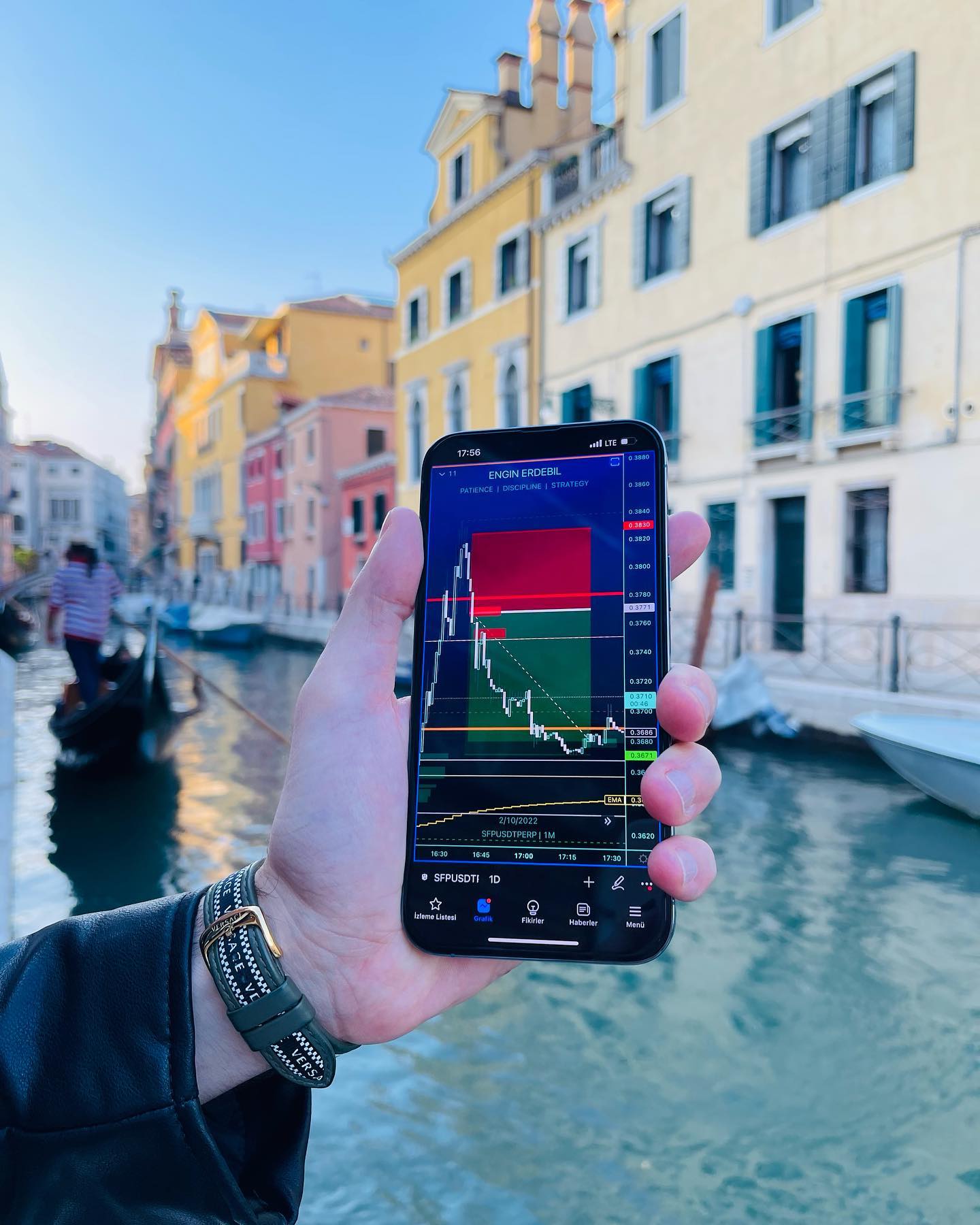Two years ago, El Salvador became the first country to issue a law adopting Bitcoin as legal tender in its territory. The controversial decision began a new era for the country’s economic trajectory, which international authorities have questioned.
Bitcoin Helps El Salvador Rise From The Economic Ashes?
Felix Ulloa, Vice President of El Salvador, recently shared new details about the country’s progress with the Bitcoin Law following its second anniversary. The interview was published by Forbes and conducted by Javier Bastardo and touched on several key and controversial points.
Since introducing the “Bitcoin law,” the country has launched several initiatives to attract fresh capital and tourists to El Salvador. First, the central government announced “BTC Bonds,” a financial instrument to tie its national debt to the cryptocurrency.
This strategy managed to gain the attention of the US financial sector. Data from the report indicates that some Wall Street firms jumping into these bonds scored profits north of 50%, with Converium Capital recording a 180% return on their investment.
Bastardo pointed out that despite the massive return, the firm will hold on to its position, which suggests Converium expects further gains. On this phenomenon, and the adoption of Bitcoin as legal tender and its impact on the country, the Vice-President of El Salvador stated:
(…) but is the result of applying a financial policy from the government of the president Nayib Bukele, exercised by our entities in charge. There were reactions in both directions. Some multilateral organizations initially made objections. Still, the enthusiasm that started in the sphere of the digital economy, with bitcoiners, where El Salvador, having positioned itself as the first country to adopt a cryptocurrency as legal tender, was at the forefront and attracted many investors who are in fact installed in Salvador (…).
The Vice-President of El Salvador claims that as many as 80 entities are currently working in the country due to its politics and regulatory environment. Amongst these companies, the country welcomed big tech giants Meta (formerly Facebook) and Google.
Ulloa believes these partners are essential for the “modernization of the country” and to complete its history of rebirth. The Central American nation has faced economic and social turmoil due to its high crime rates.
These rates have declined over the last few years and under Bukele’s government. These factors comprised the government’s strategy to enter a new era. The Vice-President concluded:
Without a doubt, tourism and the use of digital currencies go hand in hand and are a sign of that future and the rebirth of our country.
As of this writing, Bitcoin trades at around $28,000 after experiencing a spike in volatility.

Chart from Tradingview





